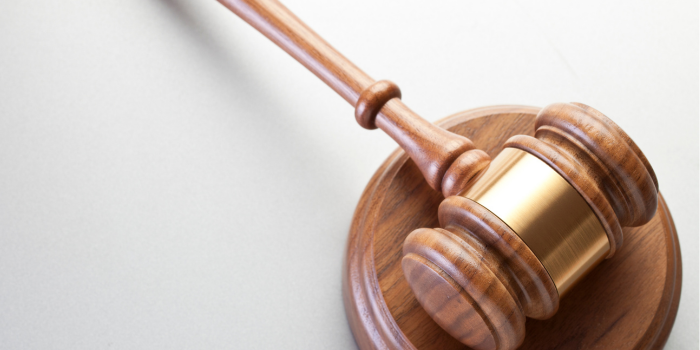Article by Adam Murdock, Esq.
Following a recent award for Plaintiffs against a residential construction company for breach of warranty and violations of the Unfair Trade Practices and Consumer Protection Law (“UTPCPL”), the Western District of Pennsylvania granted Plaintiffs’ motion for attorneys’ fees, expert fees, and costs pursuant to the UTPCPL. See Catena v. NVR, Inc., 2023 WL 2568377.
In Catena, a jury returned a verdict of $146,462.40 in favor of Plaintiffs for their claims of breach of warranty and violations of the Pennsylvania UTPCPL. Thereafter, Plaintiff moved for treble damages on their UTPCPL claim, and treble damages were awarded. Plaintiffs then filed a motion for attorneys’ fees, expert fees, and costs pursuant to the UTPCPL.
Plaintiffs contended that they were statutorily entitled to recover reasonable and necessary attorneys’ fees, expert fees, and costs of $358,666.39 following the jury’s verdict on their UTPCPL claim. Plaintiffs’ further argued that an attorneys’ fees award may exceed the verdict, that Defendant’s litigation and settlement tactics necessitated additional attorneys’ fees, and that all requested fees should be awarded because their warranty and UTPCPL claims were intertwined. Defendant argued that the fees were excessive when considering the proportionality between the award of damages and the award of attorneys’ fees, and that the attorneys’ fees should only reflect the extent of Plaintiff’ success on the UTPCPL claim.
The Court first noted that Defendant did not challenge the claimed costs or expert fees, nor did they challenge the time and fee rates spent by Plaintiffs’ counsel. With respect to proportionality, the Court found that Pennsylvania courts have not adopted a bright line rule. Rather, the Court found that “the attorneys’ fees accrued were warranted and proportionate” given the complex nature of the construction and engineering aspects, plus the multitude of defects involved. The damages, as determined at trial, involved multiple and significant construction defects and repeated failures to correct, the proof of which necessitated significant litigation expense to Plaintiffs. The Court observed that the UTPCPL, unlike common law compensatory damages, “is designed to make plaintiffs completely whole and to provide incentives for attorneys to litigate these claims,” and Plaintiffs had little choice but to fully litigate their claims in order to secure their damages award. Accordingly, the Court found that the requested attorneys’ fees were proportionate with the compensatory damages award.
Regarding the purported intertwined nature of the UTPCPL and breach of warranty claims, the Court found that it was “not possible to parse the fees between the UTPCPL violation and the common breach of warranty claim” given the common evidentiary burdens of proof in the warranty aspects of each claim. Because the full litigation process and attorneys’ fees were related to and necessary for the proof of both claims, the Court found that the attorneys’ fees were not subject to allocation in proportion to each claim award. The Court granted Plaintiffs’ motion and awarded Plaintiffs $358,666.39 in costs, expert fees, and attorneys’ fees.

